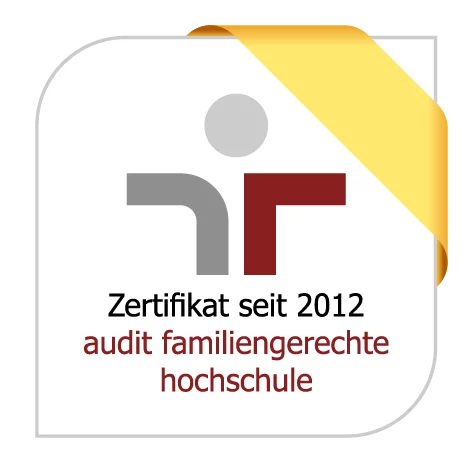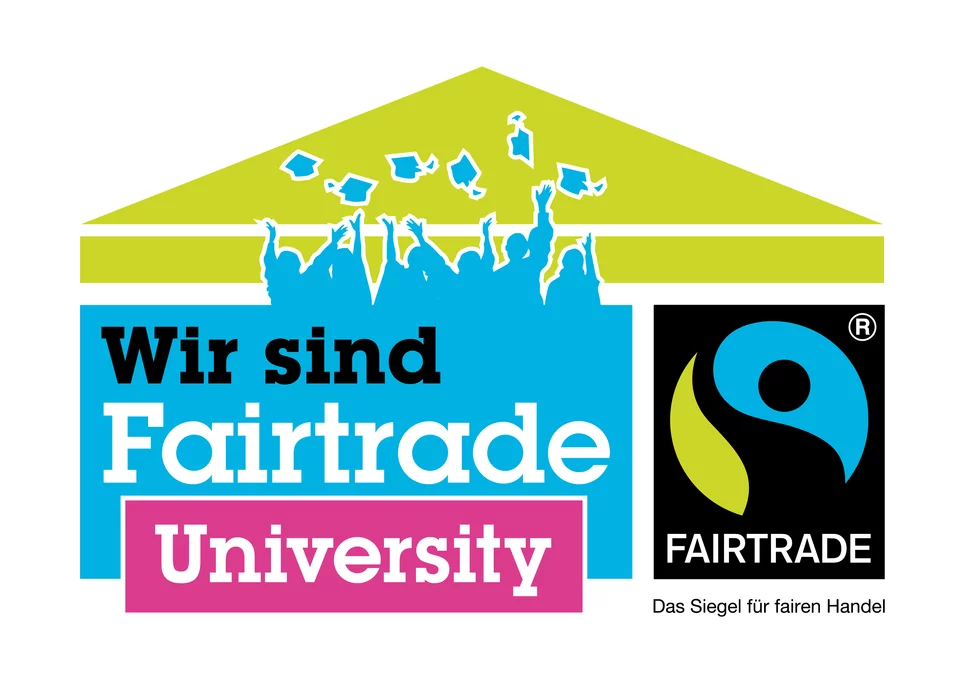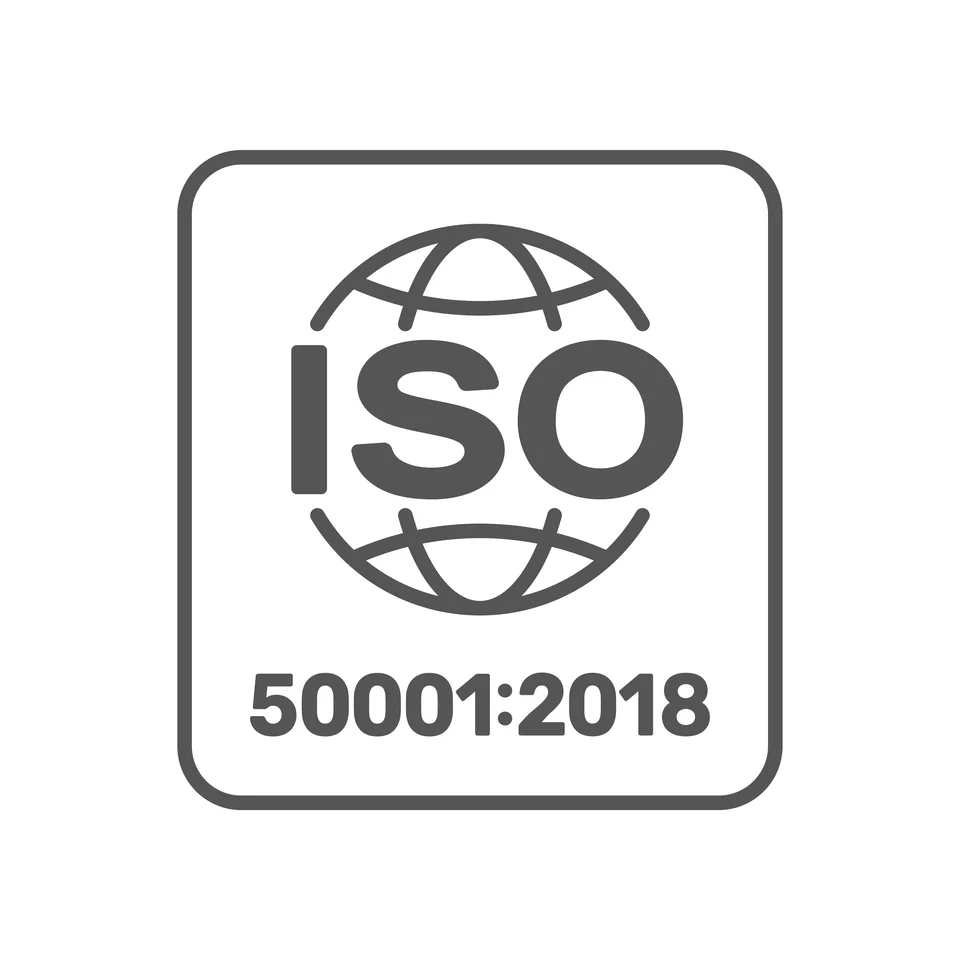The pandemic was like a wake-up call for sustainability
News
“The pandemic was like a wake-up call for sustainability” – Professor Dr. Belén Derqui from IQS School of Management Barcelona
In the summer term of 2022, Professor Dr. Belén Derqui from the IQS School of Management in Barcelona taught an online course on Developing Sustainable Products and Services at the Business School Pforzheim. In an interview with student reporter Simon Stolle, she talks about sustainability issues such as food waste, measures to counteract such problems, and her teaching experience at Pforzheim.
Buenos días Dr. Derqui, since you teach online – what do you think about the interaction with the Pforzheim students?
I love it because the dedication of the Pforzheim students is really high, regardless of classes being online. The application Alfaview is quite useful for online classes because you are able to see the students’ faces all the time. Plus, it helps that the group itself is not very big.
You are teaching the course “Developing Sustainable Products and Services”. If you needed to explain this topic to a stranger in one minute, how would you describe it?
It is quite an introductory level course on the impact of sustainability in marketing. We tackle basic concepts of sustainability that all marketing managers should know, such as the three dimensions of sustainability, sustainable development goals or the life cycle assessment. We also study the different impacts that diverse industries have on sustainability. The students need to analyze one specific industry and its impact on environmental as well as social sustainability. And after that, they need to suggest or propose a new sustainable product to be launched in this specific industry. The ideas they come up with are quite interesting – I love that.
In your opinion, did the pandemic influence peoples’ views on sustainability to some extent?
Yeah, for sure. I think especially for young people it was a wake-up call. However, from research I have read, it has two faces: On the one hand, some people are saying we need to have fun and travel and do things without being so reflective, but on the other hand, young people in particular are more and more aware of the need to care for our planet.
A major research topic of yours is more sustainable food systems. Are there any differences between Spain and Germany regarding this topic and is there something we can learn from each other?
I have done all my research on food waste and sustainability in the hospitality industry and other industries in Spain, so I do not have exact data for comparison. However, I think that especially the Spanish hospitality industry is very fragmented. We are all aware of the need to reduce the use of energy, water, etc. But regarding food waste, I think the main problem is the lack of visibility, at least here in Spain. Most managers in the food industry simply do not know how much food is thrown away. We have conducted a study some time ago where we just changed the color of trash bags from black to transparent. We compared the food waste before and after and it turned out that food waste was reduced. This makes sense because managers want to maximize profits and if they are more aware of the fact that they are wasting resources of course they will implement measures to change that. The problem with food waste, in general, is that they are not aware of it because it is barely visible, for example, how much is thrown away in kitchens.
Something else that changed over the years is plate waste. Culturally driven, there have always been big food portions in Spain. Nowadays a lot of people ask for smaller portions or take their leftovers with them. That behavior was completely out of the ordinary 10 years ago. I don't know about Germany, but I assume that the awareness of these issues is also growing there. One aspect in which you are ahead of us, is the use of ecological and organic products, for instance, veganism and sustainable ingredients. But I’ve done some research on plant-based diets and it turned out that Spain is catching up.
What key recommendations would you give our students to reduce food waste in their daily lives?
My approach is to not simply give recommendations, but to make them more aware of the situation by providing them with facts. For example, how many people are suffering from hunger, how much food we actually throw away, etc. After that, they decide what the best initiatives would be. In my opinion, this is the way it works best because especially in this domain the facts are shocking.
Unfortunately, you couldn't make it to Germany due to problems with your flight. Do you already have specific places in mind that you would like to visit during your stay with us next year?
Yeah! I want to go and already have been to Koblenz because a school friend of mine lives there. Also, one of my sons lives in Munich, so I want to visit Munich. Actually, I will go there in a few weeks. I am looking forward to it – I love Germany.
Thank you very much, Professor Dr. Derqui!
The IQS School of Management is part of the IQS Ramon Llull University, which was founded in 1905. Located in Barcelona, it offers undergraduate, postgraduate, and doctoral programs. The university is considered one of the most prestigious schools in both the national and international rankings.




